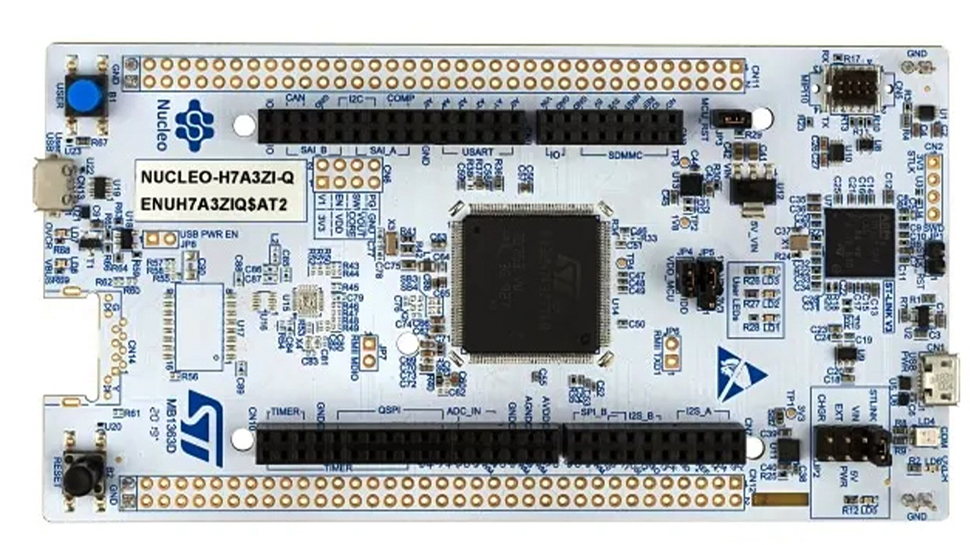
Back in March 2024, we reported how British AI startup Literal Labs was working to make GPU-based training obsolete with its Tseltin Machine, a machine learning model that uses logic-based learning to classify data.
It operates through Tsetlin automata, which establish logical connections between features in input data and classification rules. Based on whether decisions are correct or incorrect, the machine adjusts these connections using rewards or penalties.
Developed by Soviet mathematician Mikhail Tsetlin in the 1960s, this approach contrasts with neural networks by focusing on learning automata, rather than modeling biological neurons, to perform tasks like classification and pattern recognition.
Energy-efficient design
Now, Literal Labs, backed by Arm, has developed a model using Tsetlin Machines that despite its compact size of just 7.29KB, delivers high accuracy and dramatically improves anomaly detection tasks for edge AI and IoT deployments.
The model was benchmarked by Literal Labs using the MLPerf Inference: Tiny suite and tested on a $30 NUCLEO-H7A3ZI-Q development board, which features a 280MHz ARM Cortex-M7 processor and doesn’t include an AI accelerator. The results show Literal Labs’ model achieves inference speeds that are 54 times faster than traditional neural networks while consuming 52 times less energy.
Compared to the best-performing models in the…
Read full post on Tech Radar
Discover more from Technical Master - Gadgets Reviews, Guides and Gaming News
Subscribe to get the latest posts sent to your email.








